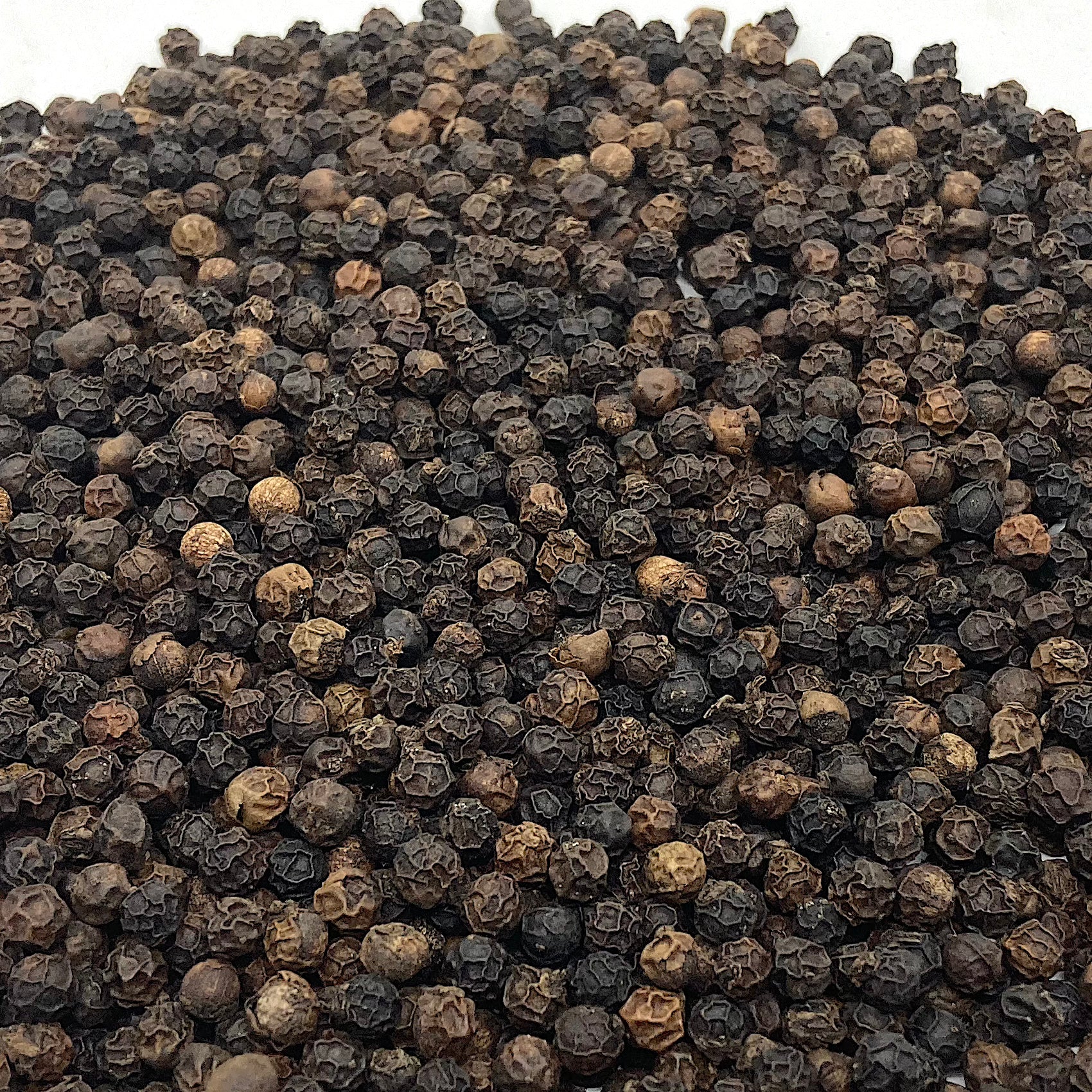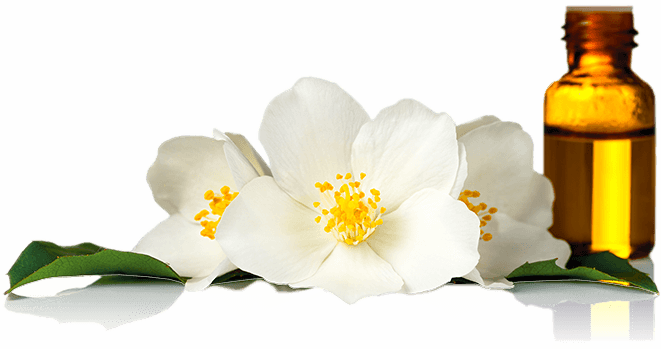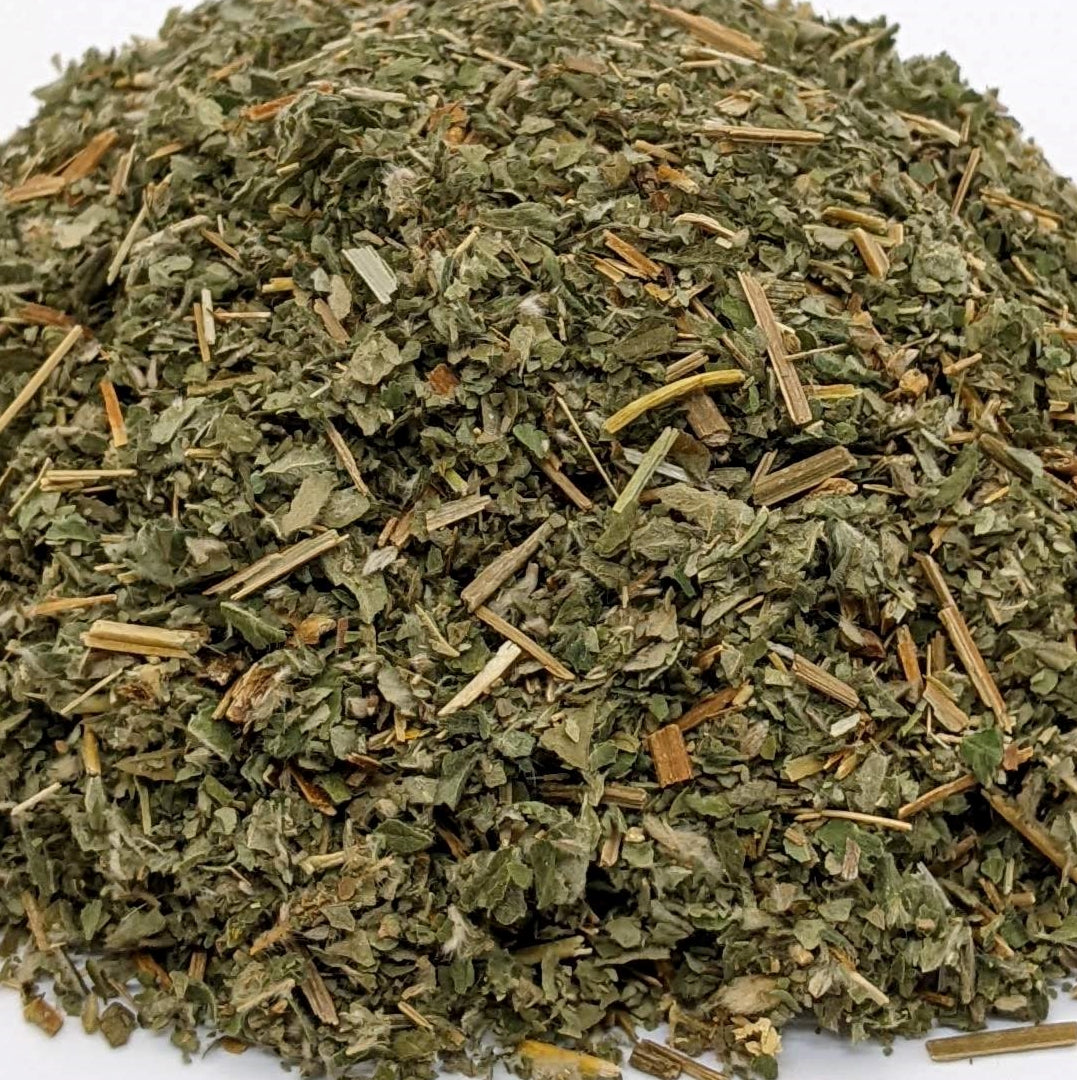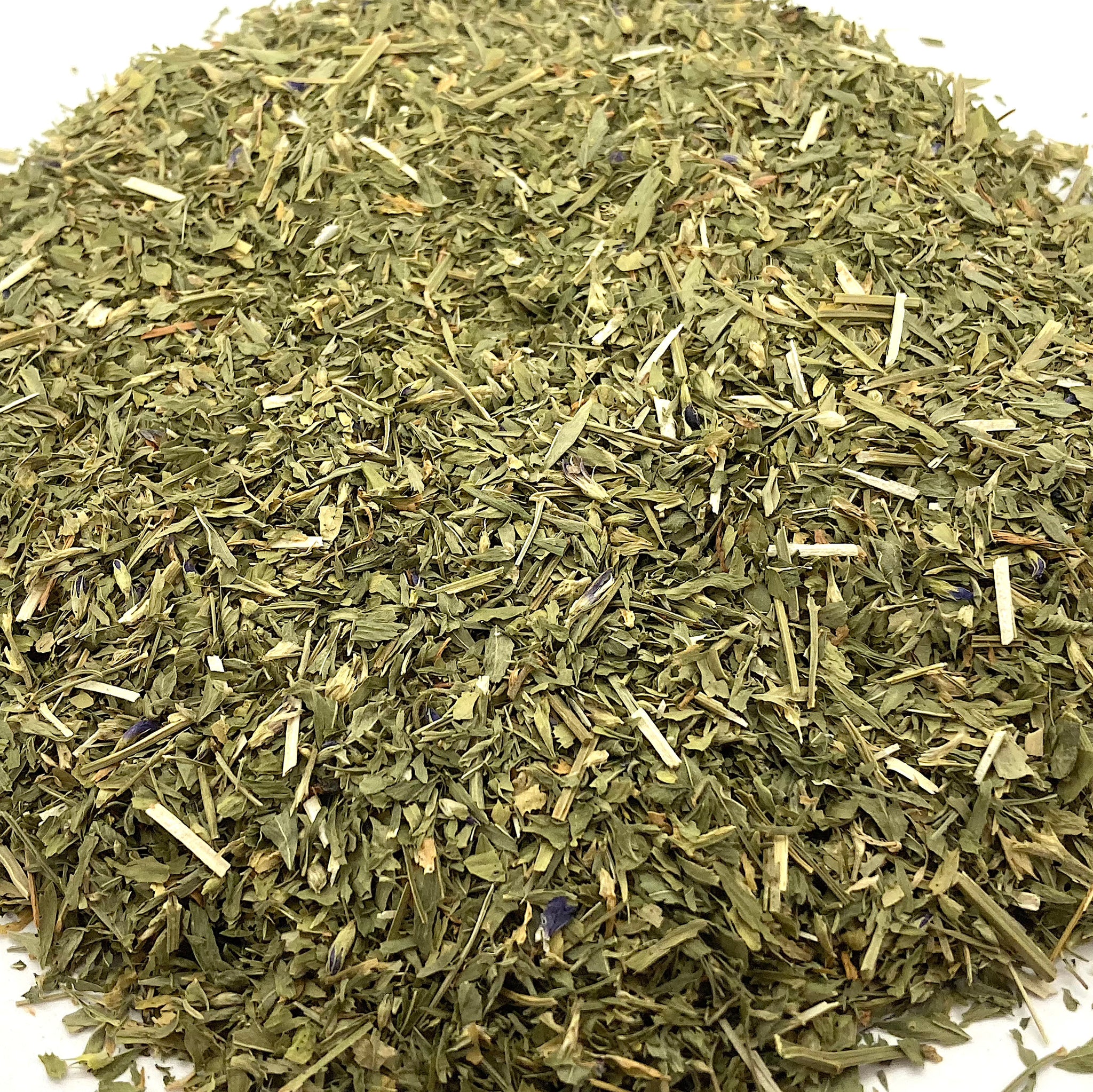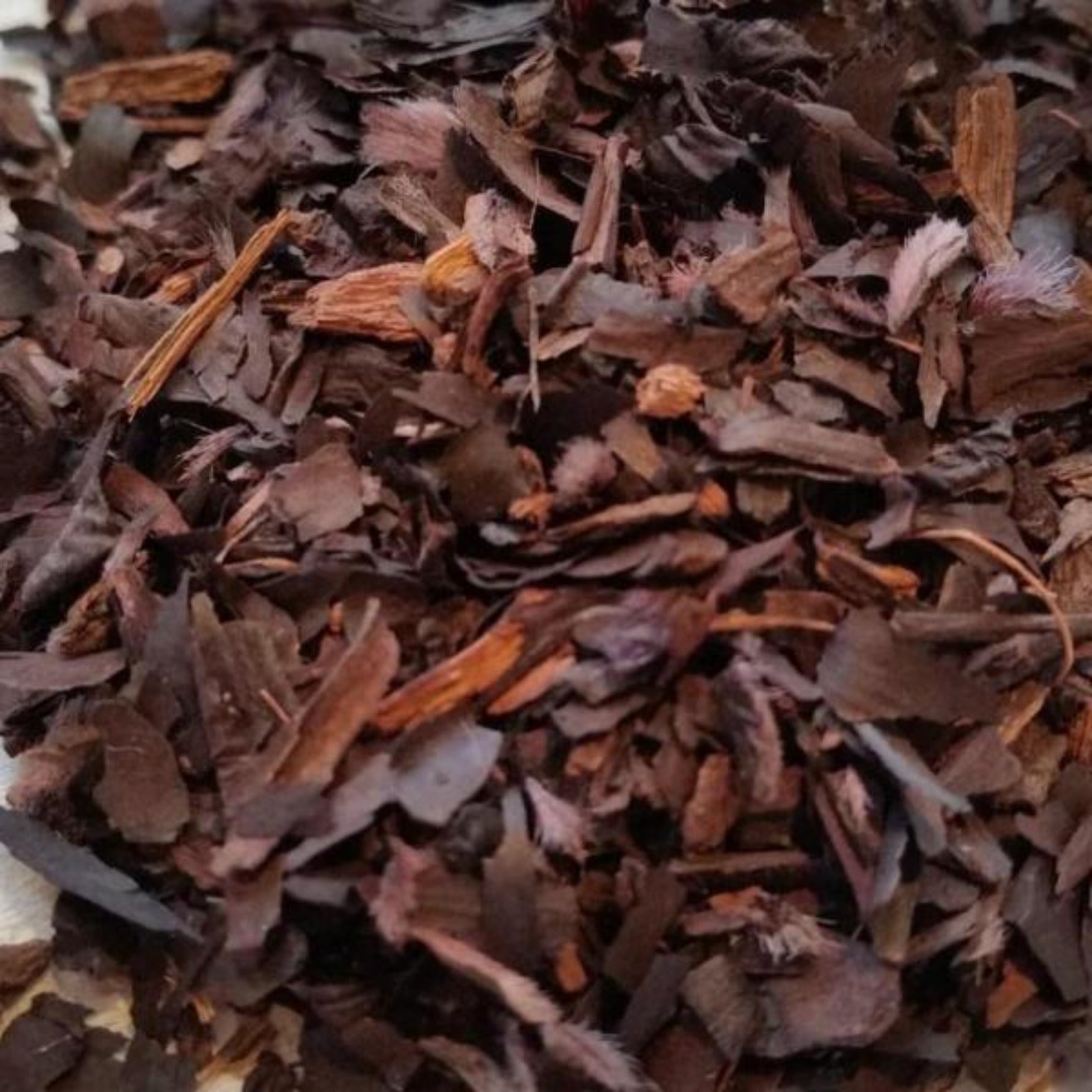Description
INDIA. Black Peppercorns (Piper nigrum), Whole
Common names: Aseymirus, Bai Chuan, Berbere Tselim, Bors, Burc, Chernyj Perets, Fefer, Filfil Aswad, Etikene, Fulful, Gu Yue, Gol Mirch, Dharmapattana, Cay Tieu, Hu Chiao, Jaluk, Edde Munchi, Habush, Kali Mirch, Kara Biber, Krishnan, Lada, Mire, Milaagu, Mresh, Ozizi, Paminta, Poivre, Ushan, Yavaneshtam, Vellaja, Siri, etc.
Family: Piperaceae
Black Pepper is the fruit harvested from a woody perennial vine that grows up to 13 feet tall. Native to South and Southeast Asia, it grows wild in the western mountains of India above the coastal plain that runs along the Arabian Sea. Major areas for Black Pepper cultivation are in Vietnam, Indonesia, India, and Brazil.
It has been used in Indian cooking for at least 4,000 years, and was used in preparing Ramses II for mummification. It was treasured by the Greeks as far back as the fourth century BCE, and later by the Romans and Medieval Europeans. Black Pepper is known today as the single most traded spice, amounting to 20% of the world’s spice trade.
While of course Black Pepper is popular nearly everywhere as a cooking spice, it has also been used medicinally since ancient times. Its value as a stimulant to appetite and digestion, a remedy for nausea and vomiting, and a versatile tonic for many conditions affecting the gastrointestinal tract, clearly tie in with its role in food preparation. It is said to be beneficial for diabetes, obesity, hyperlipidemia, and hypertension as well.
Many uses have been documented from folk medicine: “In India it has been used as a medicine since time immemorial for the treatment of anything from paralysis to toothache.” Black Pepper’s effects seem to be linked mainly to its volatile oils and alkaloids, particularly piperine. Its traditional uses involve effects such as immunomodulatory, anti-oxidant, anti-asthmatic, anti-inflammatory, anti-ulcer, and anti-amoebic, analgesic, anticonvulsant, antidepressant and cognitive-enhancing activity.
The piperine in Black Pepper also enhances the assimilation of many phytochemicals and medications. Many Turmeric supplements, for instance, are formulated with Black Pepper, which significantly increases the bioavailability of Turmeric’s anti-inflammatory components such as curcumin.
There are just so many good reasons to keep that Pepper grinder handy! And don’t forget the Black Pepper to pep up your spicy chai blend…
*These statements have not been evaluated by the FDA. These products are not intended to diagnose, treat, cure or prevent any disease.

